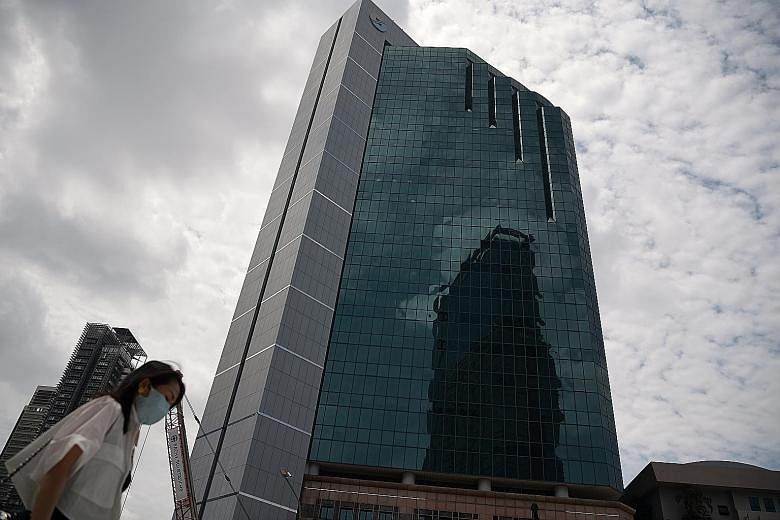The High Court has dismissed a dentist's appeal that he should be charged the corporate tax rate for earnings paid to a company he created, finding his main goal in setting it up was to avoid tax.
Justice Choo Han Teck ruled in the first such case to go on appeal to the High Court that Dr Wee Teng Yau's move would enable him to pay less tax on the same services he provided.
This is because his fees paid into the company would be its income and taxed at the lower corporate tax rate. But if the fees had been paid directly to him, the personal income tax rate - which is higher - would be levied.
Justice Choo's ruling pivots on a provision in the Income Tax Act, according to judgment grounds released earlier this month.
The provision at issue is Section 33 of the Act.
The tax authorities said last week that Section 33 has been applied to more than 100 medical professionals.
Referring to the section, Justice Choo said it is meant to cover arrangements created by the taxpayer to reduce the taxes which he would otherwise have to pay.
The judge found in this case "the facts show (its) main, if not only, purpose was to enable Dr Wee to avoid tax. This is precisely the type of arrangement that is covered by Section 33(1)".
The case is the first to be heard before the court as previous such appeals were not pursued beyond the Income Tax Board of Review.
Dr Wee was employed by dental clinic Alfred Cheng Orthodontic Clinic (ACOC) from January 2011 to May 2012.
He set up Straighten (SPL) in May 2012, and was its sole director and shareholder. He continued to provide the same dental services to ACOC's patients, but ACOC made the payments to SPL instead of to him, the court noted.
SPL, in turn, paid him a salary and director's fee. Tax-exempt dividends were also declared and paid to him from SPL's profits.
For assessment year 2012, ACOC paid Dr Wee $279,194.60 in fees.
Between assessment years 2013 and 2016, the fees ACOC paid SPL and reported as SPL's income totalled $1,470,764.
SPL paid $336,000 in director's remuneration to Dr Wee who also received tax-exempt dividends totalling $765,205 as a shareholder.
Each year, the remuneration he received from SPL ranged between $40,000 and $110,000. This is significantly lower than the $279,194.60 he got as income in 2011 from ACOC, the court noted.
The Comptroller of Income Tax treated the fees SPL received from ACOC as Dr Wee's income and imposed the personal income tax rate instead of the corporate tax rate as sought by Dr Wee.
The Income Tax Board of Review affirmed the Comptroller's position and Dr Wee appealed further.
In the High Court, the Comptroller's counsel Zheng Sicong and Serene Lau relied on Section 33(1) as the ground for the levy.
But Dr Wee's lawyer Lau Kah Hee argued, among other things, that Dr Wee would still be covered under Section 33(3)(b), which exempts any arrangement carried out for bona fide commercial reasons and had not, as one of its main purposes, the avoidance or reduction of tax.
Justice Choo agreed with Mr Zheng that Section 33(3)(b) must be read conjunctively, which means that to be exempted from Section 33(1), the arrangement must be for bona fide commercial reasons and not have tax avoidance as one of its main purposes.


